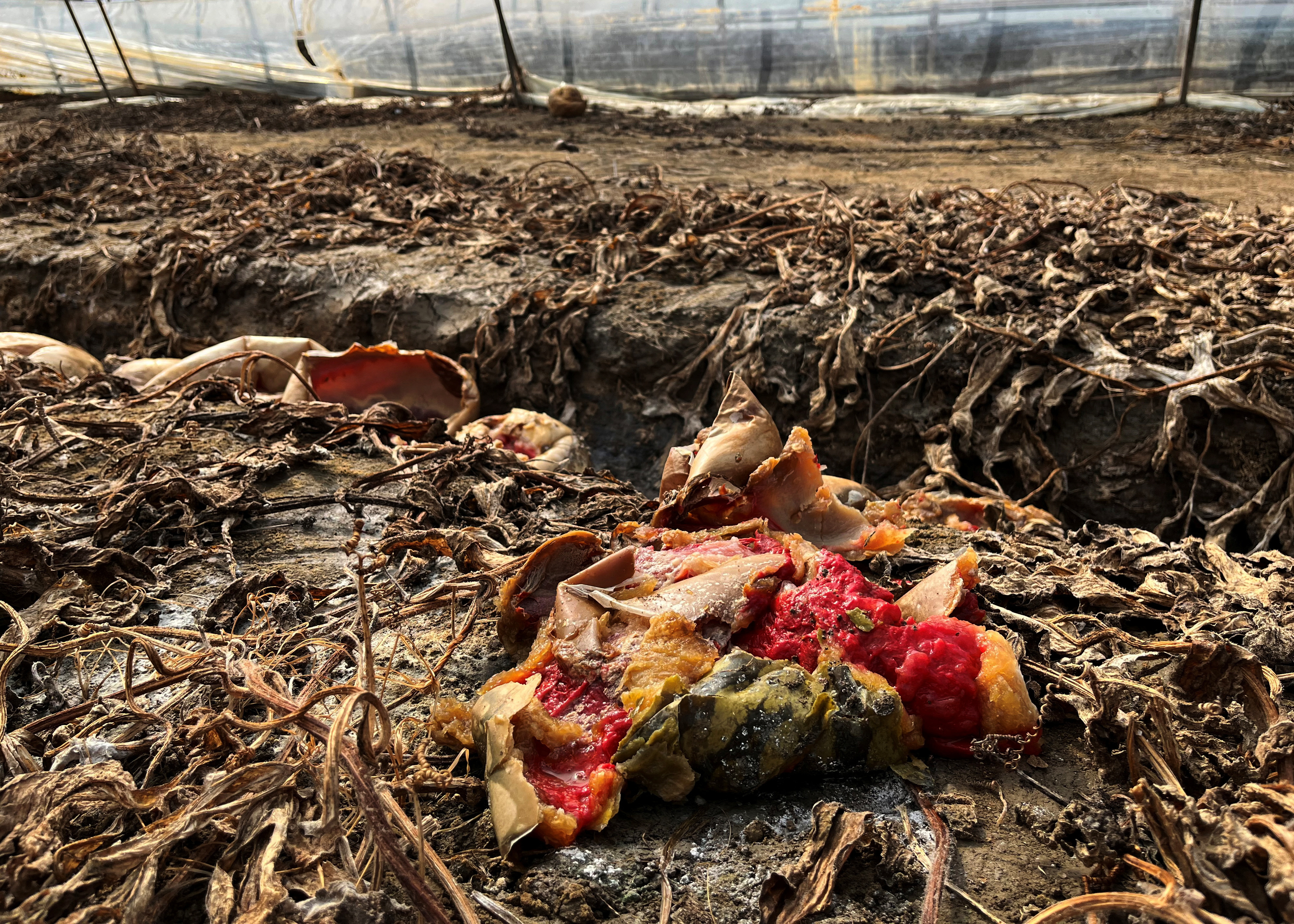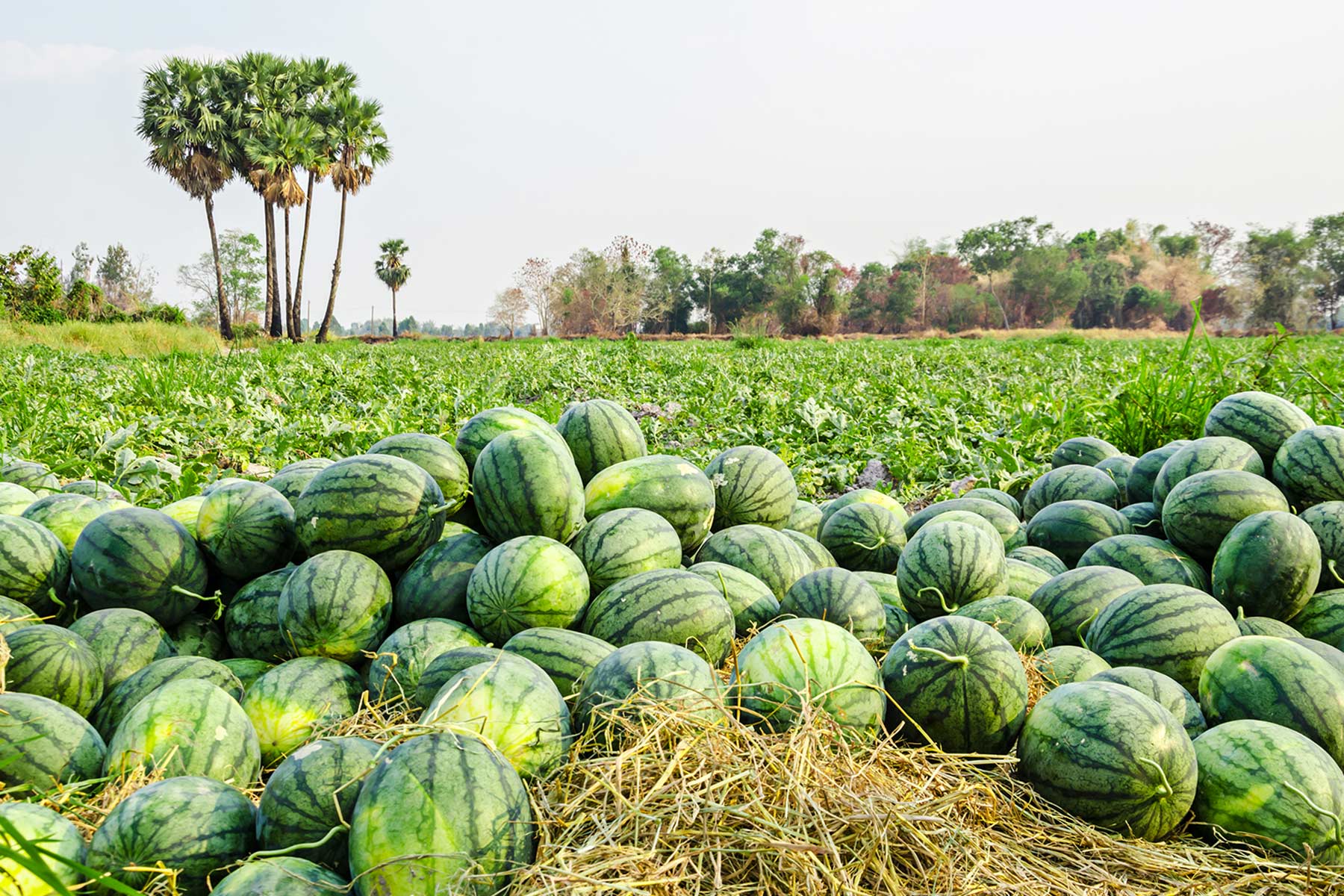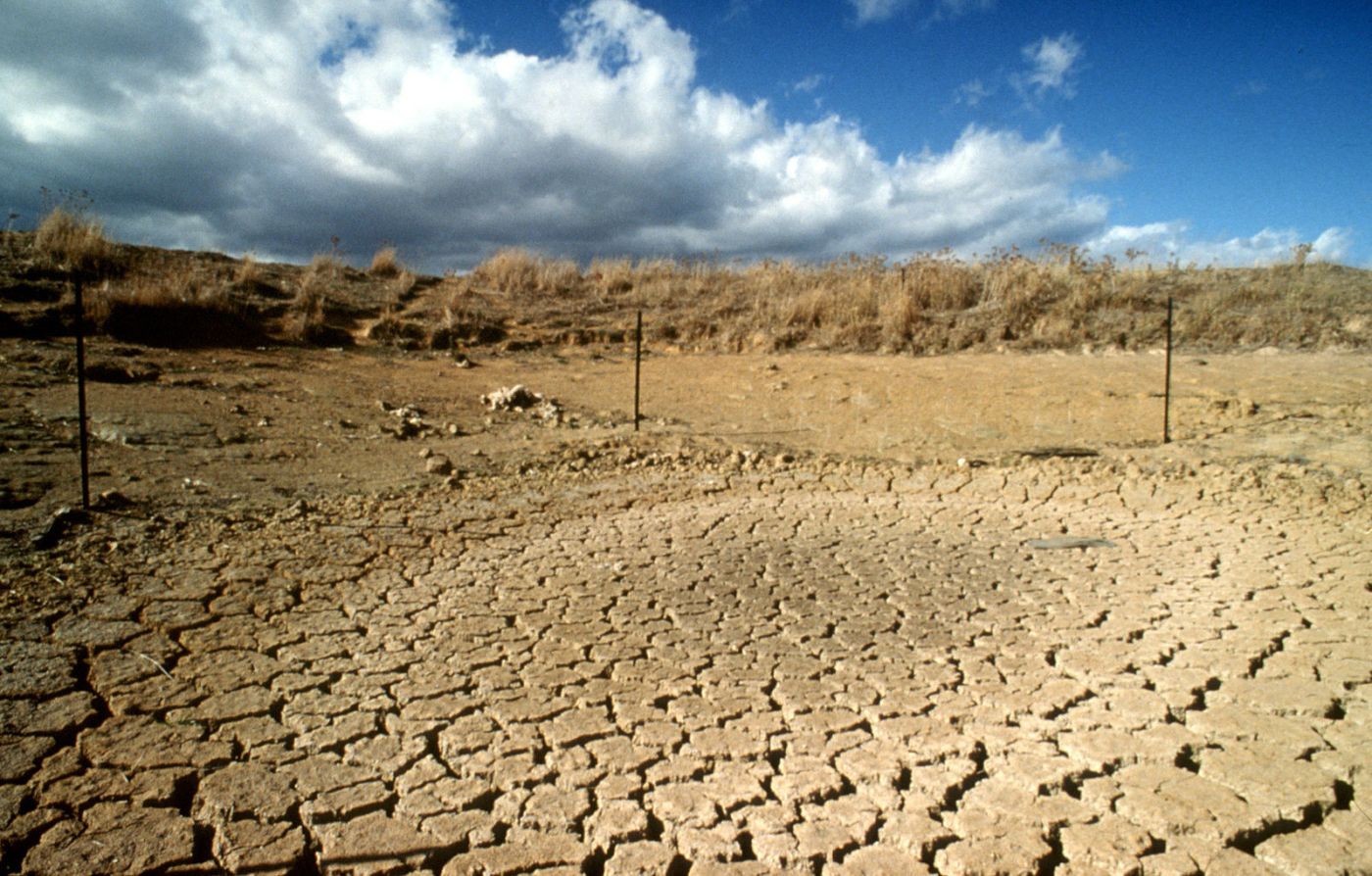Kwon Gye-soon has been farming for more than a quarter of a century but she is not hopeful she can get back on her feet this time after climate change-driven flooding in July devastated her watermelon farm and her damaged crop now rots in extreme heat.
Torrential rains swept across South Korea’s farmlands in the central region last month, leaving more than 40 dead or missing, and large swaths of fields under water, including Kwon’s 4,960 square-meters of greenhouses in the city of Nonsan.
South Korean President Yoon Suk Yeol has warned extreme weather should be expected as the norm because of climate change, but extensive damage to property and farmland and human casualties for a second year, has cast doubt on the country’s readiness.
Kwon, 66, was almost ready to ship her watermelons to market when days of heavy rains hit the area about 200 kilometres (124 miles) south of Seoul in mid-July, destroying the bank of a nearby river, which flooded, devastating her crop.
“These watermelons were like my own children. They were supposed to be sent to market in 10 days, but they are rotting in the fields,” Kwon said in the sweltering heat this week, showing the fruit rotting at her greenhouse farm.
“I don’t know what to do for the next year farming. It is so hard and sad,” she said.
Neighbouring properties also suffered similar damage from the river bank collapse on July 16. In Nonsan alone, more than 1,690 farms over about 1,057 hectares, the equivalent to more than 1,400 soccer pitches, were damaged by heavy downpours at the peak of the monsoon season, city government records showed.

Rotten watermelons are seen at South Korean watermelon farmer Kwon Gye-soon’s greenhouse after heavy rain and heat wave in Nonsan, South Korea, July 31, 2023. Minwoo Park
The government designated Nonsan and 12 other areas hit by heavy rains as special disaster zones on July 19 to support recovery work and provide financial aid. Yoon repeated the promise of speedy recovery and compensation this week.
But since the end of July, a severe heat wave has slowed recovery efforts and preparation for next year’s farm work.
Kwon, who has been farming for 25 years, said it was the first time extreme weather conditions had caused such severe damage since she began growing watermelons 10 years ago.
“I was worried about heavy rain. But after the heavy rain, then the weather is extremely hot now. I’m exhausted. I lost hope in farming,” she said.
Farmers called for stronger preparations for global warming and asked the government to build more facilities to prevent damage from extreme climate changes.
Neighbouring farmer Lee Gun-ho, 60, who cultivates lettuce and strawberries, says farming is always tricky when it comes to weather but more extreme conditions are occurring more frequently and unexpectedly.
“When I started farming, there was no sudden and unexpected downpours,” Lee said. “However, it’s getting warmer and sudden heavy rains are pouring a lot more. It’s out of individual abilities,” he said.
Reporting by Minwoo Park; Editing by Jack Kim and Sharon Singleton



